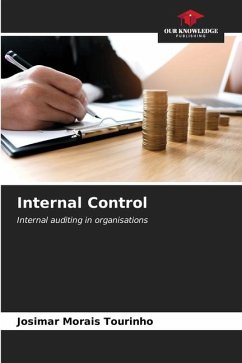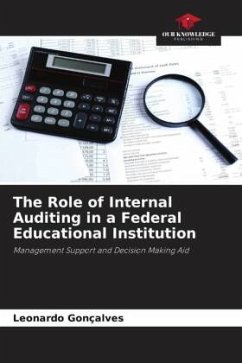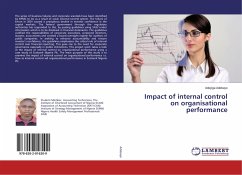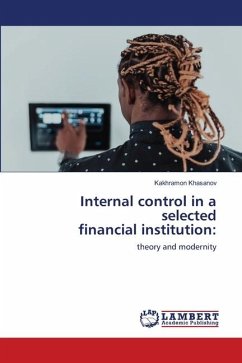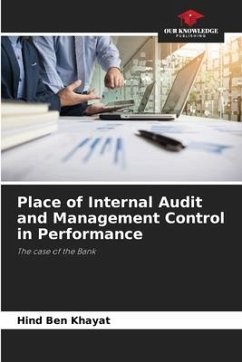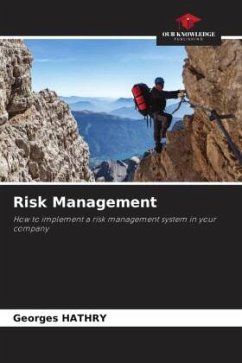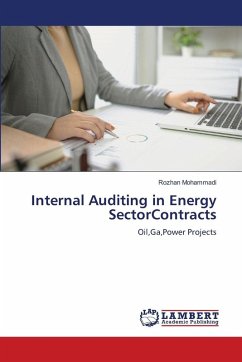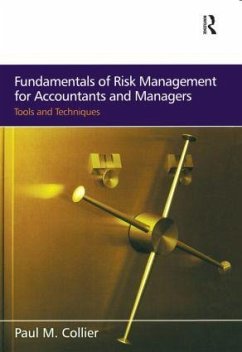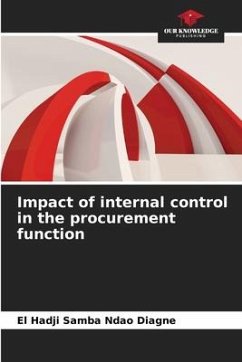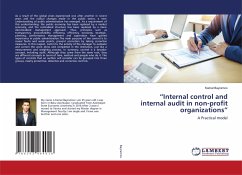
"Internal control and internal audit in non-profit organizations"
A Practical model
Versandkostenfrei!
Versandfertig in 6-10 Tagen
36,99 €
inkl. MwSt.

PAYBACK Punkte
18 °P sammeln!
As a result of the global crises experienced one after another in recent years and the radical changes made in the public sector, a new understanding of public administration has emerged. As a requirement of this understanding, the public economy has been replaced by a market economy, and the centralized structure has been replaced by a more decentralized management approach. Thus, principles such as transparency, accountability, efficiency, efficiency, economy, strategic planning, performance management and supervision have gained importance in public administration.The main purpose of the co...
As a result of the global crises experienced one after another in recent years and the radical changes made in the public sector, a new understanding of public administration has emerged. As a requirement of this understanding, the public economy has been replaced by a market economy, and the centralized structure has been replaced by a more decentralized management approach. Thus, principles such as transparency, accountability, efficiency, efficiency, economy, strategic planning, performance management and supervision have gained importance in public administration.The main purpose of the control is to reveal faults and weak points, prevent correction by taking corrective measures. In this respect, control is the activity of the manager to evaluate and correct the work done and completed in the institution, just like a measurement and weighing process. In summary, control is a broader concept, including audit. Although they come from the same root, they are different concepts in terms of time, method and people who do it. The types of controls that an auditor will consider can be grouped into three groups, mainly preventive, detective and corrective controls.



